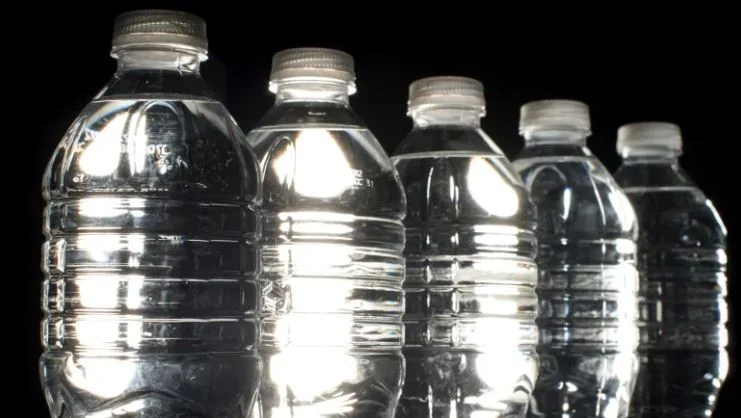Microplastics may be contaminating our drinking water, according to a study published by researchers at the Geological Society of America. Their chemical threat stems largely from their ability to transport harmful compounds on their surfaces, meaning that when organisms at the base of the food chain ingest microplastics, they ingest toxins too. These toxins can build up and eventually result in responses like organ dysfunction, genetic mutation or even death. The researchers found bisphenol A (BPA), a chemical used to make plastics, in all 47 human samples.
Study sheds light on human consumption of microplastics
The study found that a person's average microplastic consumption — based on those food items previously analyzed — would likely be somewhere between 70,000 and 121,000 particles per year. While younger girls were at the lower end of the spectrum, adult men were at the high end. People who consume a lot of bottled water could see that number jump by up to 100,000 particles per year.



